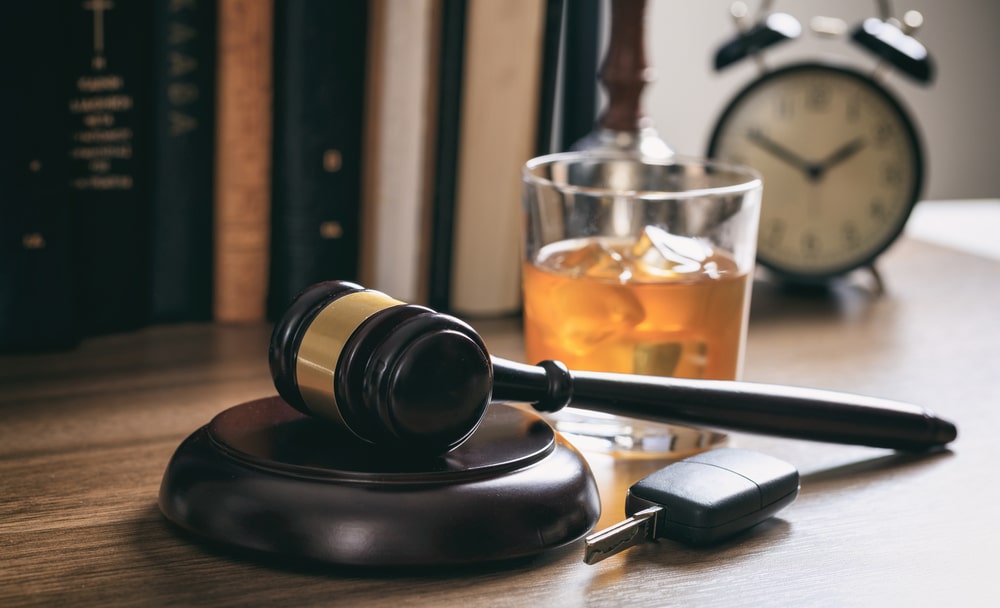The Purpose Of Field Sobriety Tests
Field sobriety tests are frequently used by law enforcement officers during traffic stops to assess whether a driver may be impaired. These tests are intended to evaluate coordination, balance, and the ability to follow instructions. While commonly employed, the reliability of these tests can be questioned by a DWI lawyer, as various factors unrelated to alcohol or drug use may influence performance.
Commonly Used Field Sobriety Tests
There are three standardized field sobriety tests recognized by the National Highway Traffic Safety Administration (NHTSA):
- Horizontal Gaze Nystagmus (HGN)
This test involves observing the driver’s eye movements as they follow a small object, such as a pen or flashlight, from side to side. Officers look for involuntary jerking of the eyes, which may indicate impairment. However, conditions like fatigue, certain medications, or even medical issues can also cause similar eye movements. - Walk-and-Turn Test
This test requires the driver to take several heel-to-toe steps in a straight line, turn on one foot, and return in the same manner. The officer looks for signs of imbalance or failure to follow instructions. Poor performance could stem from uneven road surfaces, physical limitations, or anxiety rather than impairment. - One-Leg Stand Test
In this test, the driver must stand on one leg while counting out loud for a specific duration. Indicators of impairment include swaying, using arms for balance, or putting the foot down prematurely. Again, factors like age, physical fitness, or medical conditions may influence results.
Reliability And Legal Implications
While these tests are widely used, they are not foolproof. Field sobriety tests rely heavily on the officer’s observations, which introduces a level of subjectivity. Environmental conditions, such as poor lighting or bad weather, may also affect test performance. Furthermore, nervousness during the traffic stop can cause even a sober individual to perform poorly.
The results of these tests often play a significant role in building a case for DWI charges. However, an experienced DWI lawyer can scrutinize the administration of these tests and challenge their accuracy in court. Attorneys like those at Archambault Criminal Defense can attest to how critical it is to examine whether the tests were conducted properly and whether external factors may have influenced the outcome.
Challenging Field Sobriety Test Evidence
If you have been charged with a DWI based on field sobriety test results, it’s important to understand that these tests can be challenged in court. Inaccurate administration, lack of clear instructions, or failure to account for a driver’s physical condition can all be grounds for questioning their validity. The attorneys at Law Group of Iowa know the importance of working closely with clients to identify weaknesses in the prosecution’s case and build a strong defense.
Seeking Legal Support
Field sobriety tests are a common part of DWI investigations, but their results are not always definitive. By working with a skilled attorney, you can explore ways to challenge the evidence against you and seek a favorable resolution, whether it involves highlighting procedural errors or introducing alternative explanations for test performance.
Facing DWI charges can feel daunting, but there are ways to address the situation and protect your future. Whether you’re dealing with field sobriety test evidence or other aspects of a DWI case, partnering with a legal team familiar with these cases can make a significant difference.





